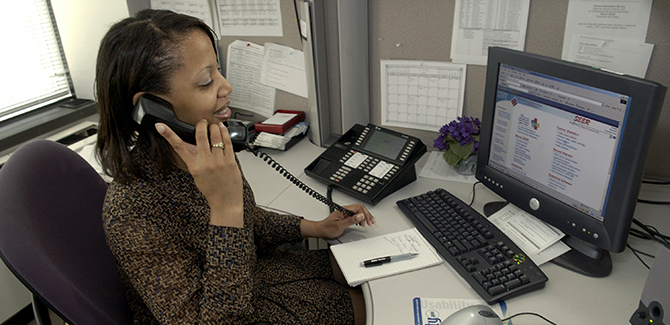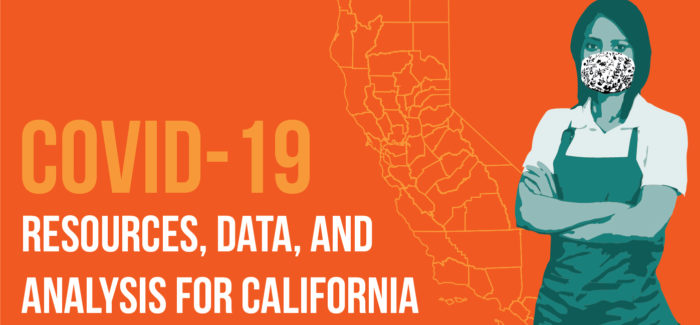Well, it’s going to be an interesting year. If you want to stay on top of updates in state and county policy that will affect AUSD, as well as interesting pieces about education in these pandemic times, please follow my facebook page (link to your right). My goals for this fall: Building a page on…
Blog

Public Sector Impacts of the Great Recession and COVID-19
This brief summarizes the Great Recession’s impact on public employment and the public sector job losses driven by the COVID-19 pandemic in 2020. Our analysis points to the importance of focusing on the public sector as policymakers respond to the COVID-19 crisis.
California school funding
What’s happening now? As most people know, the Governor’s proposed budget for 2020-21 (presented on May 14) shows $54 billion in revenue loss for the state, and cuts education funding significantly – including TK-12 funding, higher education, and early childhood education. For summaries of the impacts on check out: Education Coalition’s statement on the May Revise: “Schools Cannot…

COVID-19 Fiscal Impacts: What can we expect?
Published May 14, 2020 as part of the UC Berkeley Labor Center’s Covid-19 Series: Resources, Data, and Analysis for California. The economic consequences of the COVID-19 pandemic have been severe: at least 30 million people have lost their jobs and millions of others have seen their incomes decline. Governments are spending billions of dollars on public health and the safety net….

How is this recession different from all other recessions?
I spoke with an sfgate.com reporter recently about how the COVID-19 crisis could impact Bay Area local governments. As always, there is a lot I said that didn’t make it into the article so here’s a bit longer ramble. I’m working on updating the numbers and data underlying these thoughts, so this is just some…